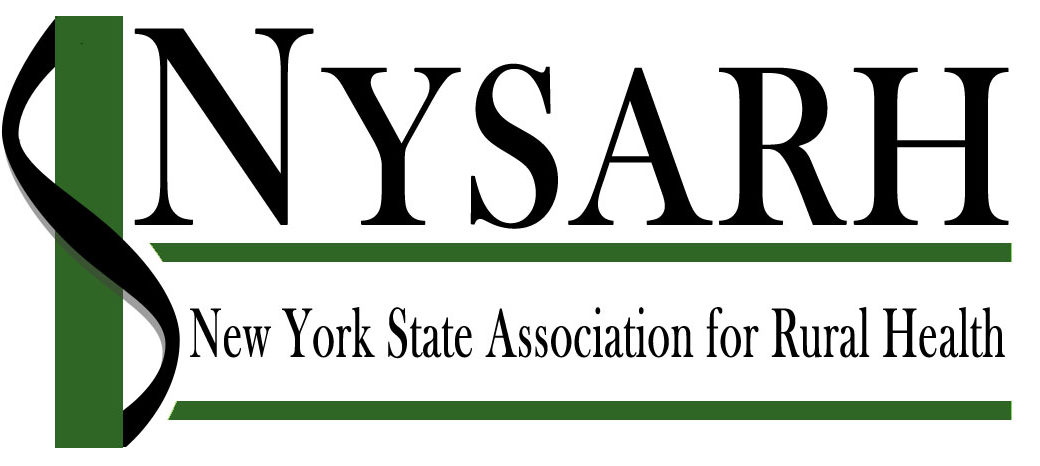Our Vice-President Alison Coates, has been at the forefront of advocating for improvements in rural healthcare. In a recent conversation with David Sommerstein at North Country Public Radio , she shed light on the specific challenges faced by rural communities in accessing quality healthcare.
Urban-Centric Healthcare
According to Coates, the healthcare system in our country was primarily built with urban areas in mind, leading to a mismatch when applied to rural regions. This “one size fits all” approach doesn’t account for the distinct needs of rural communities.
Scaling Down Isn’t the Solution
The fundamental issue arises from the payment model, which is based on the volume of services provided. In rural areas, where patient numbers are lower, this model doesn’t align with the actual costs of delivering care. The solution doesn’t lie in merely scaling down, as rural healthcare’s challenge isn’t efficiency but rather the system’s structure.
Empowering Rural Innovation
Coates emphasizes the need to loosen regulations and enable rural areas to maximize their assets. Rural regions have unique strengths, including innovation born out of environmental and societal pressures. Allowing rural healthcare systems to innovate and tailor services to their needs is crucial for success.
Shifting the Perspective
Coates also calls for a shift in how we perceive rural healthcare. Rather than viewing it through a deficit lens, we should recognize the potential and strengths within these communities.
Regionalization: A Mixed Bag
One significant adaptation in rural healthcare is regionalization, where smaller hospitals affiliate with larger urban facilities. However, research on the outcomes of these affiliations is mixed, with success depending on the quality of the affiliating partner and the development of efficient care pathways.
Worry for Rural Healthcare
Coates expresses concern about rural communities getting left behind and losing critical local resources, such as hospitals. Closures or mergers can lead to job losses and impact the overall community.
Supporting Rural Healthcare
Despite the challenges, Coates remains hopeful and advocates for policy changes that can support rural healthcare, such as loan repayment programs for medical students, reimbursement incentives, and the creation of new residency programs to attract and retain healthcare professionals in rural areas.
As Vice President of NYSARH, Alison Coates is a passionate advocate for rural healthcare, and her insights shed light on the path forward. It’s essential to address the unique needs of rural communities and ensure that healthcare access is both effective and equitable.



